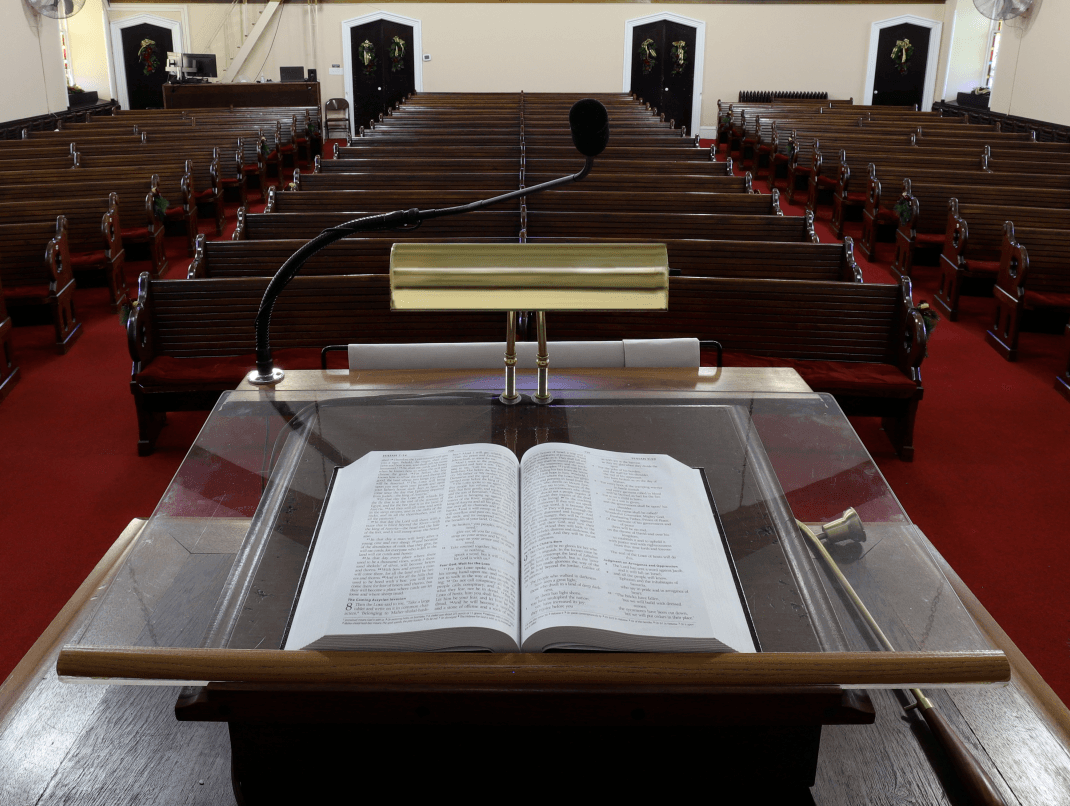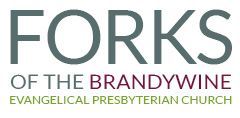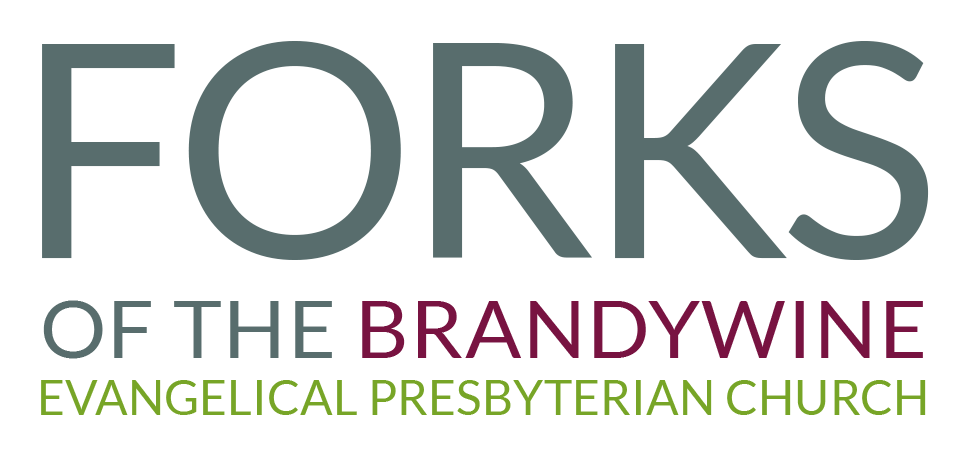Essentials in the Christian Life
Prayer & Meditation
This summer I have decided to explore some practical topics in the Christian life. In the month of June, I preached on two topics that seem so simple, prayer and daily devotions. Though outwardly these spiritual practices are not flashy or fancy, they are of vital importance to our individual Christian lives. There are essential things we must do with one another in the Christian life, but there are also things we must do own our own. There is both a public side and a personal or private side to the Christian life. Prayer and devotions are nonnegotiable essentials of your personal walk with the Lord. These are the two greatest resources God has provided for personal growth in your knowledge of God and your love of godliness. The Lord’s Prayer is an unsurpassable model of how we ought to practice daily prayer. Biblical meditation, exhibited in the Psalms and established by the Puritans, is far and away the best approach to daily devotions.
Perhaps prayer is more familiar to you than biblical meditation. So let me give you some advice on how to approach meditation. This is my advice whether you are new to this or experienced. First and foremost, remember that there is no substitute for the Bible itself. You cannot leave out the Bible if you want to do biblical meditation. Dwelling upon the word of God so that you can ponder the things of God is definitional. So do not bypass the word. If you’re unsure where to begin, the best place to go is the Psalms. The Psalms are the God-inspired result of biblical meditation. The Psalms are the written reflections of the saints who have navigated the deeps and tides of God’s grandeur. They have explored every triumph and tragedy of life with their God and experienced the whole range of human emotion. If the Lord’s Prayer is our best model for prayer, the Psalms are our best model for meditation. John Calvin said, “A better and more unerring rule for guiding us in this exercise cannot be found elsewhere than in the Psalms.” Read through the Psalms, slowly and attentively, watch how the saints meditate on God and the things of God, and imitate them. Meditate on their meditations until it becomes second nature.
My second piece of advice is to supplement your Bible reading with solid resources that are designed to help you meditate. There are lots of horrifically shallow devotionals out there. Beware of fluff! You need something short but substantial. Here are two resources I recommend:
The Songs of Jesus, by Tim Keller. To help you meditate on the Psalms, I recommend starting with Keller. This book will slow you down and take you little by little through the Psalms in a year. Keller will help orient you to what each passage is about and how to use it in meditation. His insights on application are very helpful for reflection and prayer.
The Blessed and Boundless God, by George Swinnock. I have found no better resource for helping ordinary Christians achieve extraordinary knowledge of God. Swinnock was a Puritan (1627-1673) who excelled at biblical meditation. This modern edition has been fully edited and updated in contemporary English. The chapters are bitesize in length, but they are extremely rich in worshipful, edifying, and stirring meditations on God from every angle of his beauty and perfection. The entire book is the result of Swinnock’s own meditations on Psalm 89:6, “For who in the heavens can be compared to the LORD?”
Brothers and sisters, prayer and meditation are essential. If you commit to these spiritual disciplines, you will be amazed, in the long run, just how much you will grow. These are not quick fixes. They are lifelong habits of a healthy, fruitful, satisfying relationship with your God.
Grace and peace,
Pastor Wesley
The Pastor's Pen





